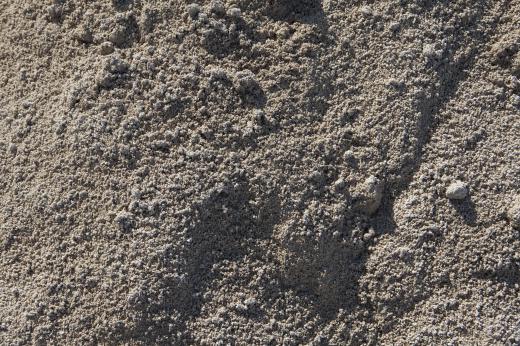A cement mason is a tradesperson working in the construction industry who lays concrete for everything from backyard patios to sidewalks to airport runways. He or she might also be called a concrete mason. A cement mason works in both the public and private sectors, for government transportation agencies, for construction contractors and elsewhere. A cement mason typically is a skilled worker who has learned the trade on the job or has undertaken a formal apprenticeship program.
On a basic level, a cement mason uses forms to place and shape concrete to different levels and consistencies, spreads the concrete and smooths it using straight-edge and float tools. He or she then finishes the concrete surface using a power trowel or hand trowel. Depending on the particular job and its size and complexity, the cement mason might do it all, including planning, setting up and cleaning up, or the mason might supervise less-skilled workers in some areas of the process.

Ultimately, the cement mason is the responsible party for how well the concrete project is completed, so he or she must be an expert in understanding the characteristics of concrete. One of the important areas that cement masons must pay attention to is how weather conditions such as heat and cold can influence the concrete curing process. The cement mason must take steps to ensure that the concrete dries in just the right amount of time to avoid cracking and to ensure that the final product is strong, smooth and even.

Concrete can come in different finishes, such as rough and nonskid instead of smooth. Cement masons might use a broom or other tool to coarsen the finish. They use coloring agents to add color to projects and might add small gravel pieces or colored chips for different pebbled finishes.
A cement mason works on new building projects and undertakes repairs on existing concrete surfaces. He or she might remove bumps and cavities, resurface, clean, reseal and more to maintain previously laid concrete projects. Whatever the project they are working on, cement masons need a lot of physical ability and strength.

Cement masons spend many hours on their feet. Throughout their careers, they are required to spend days stooping, bending, kneeling and squatting. Lifting heavy materials weighing as much as 100 pounds (45 kg) also is common. Construction sites are noisy, so cement masons must be able to tolerate loud noise. They often work outdoors, so inclement weather also can be a factor in the job.
